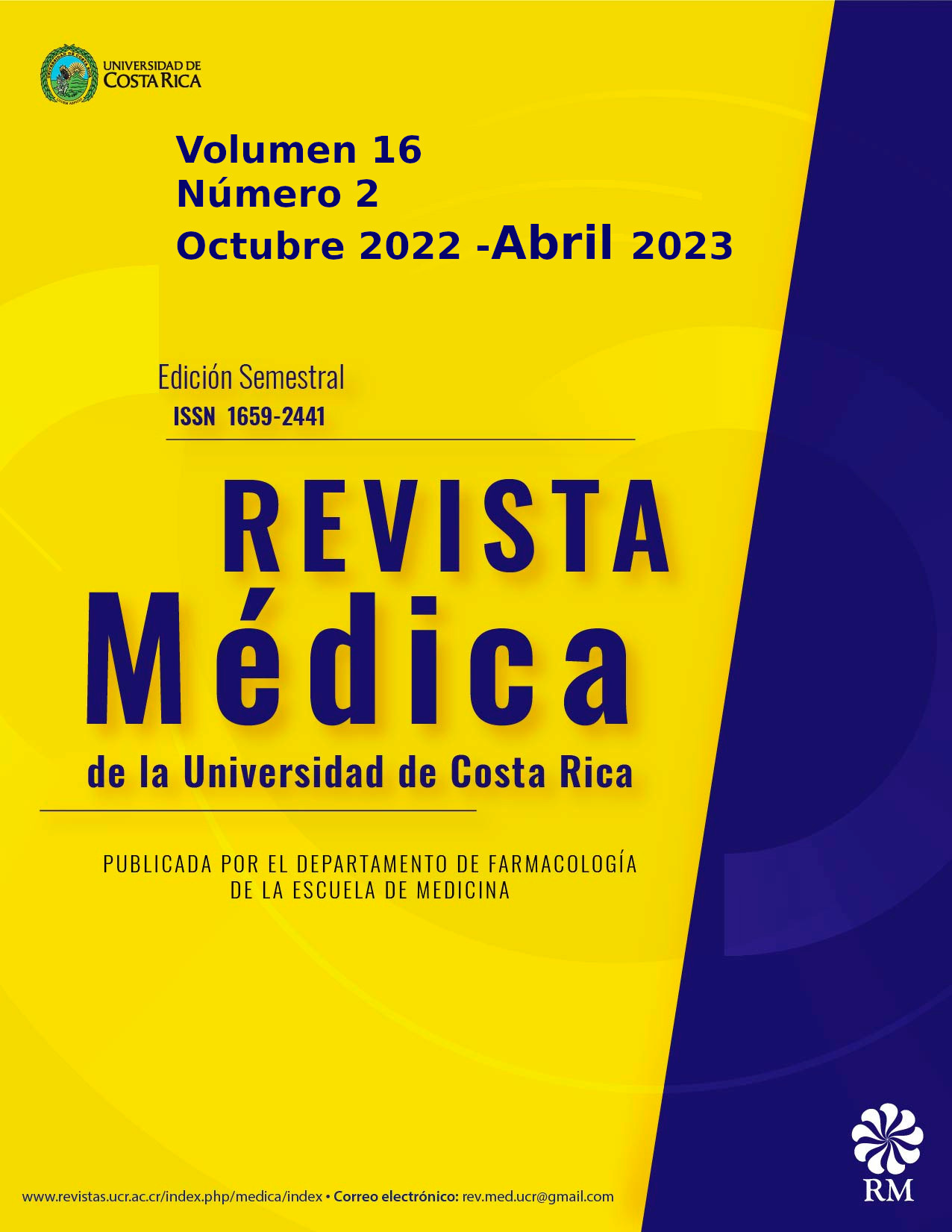Abstract
Edwardsiella tarda has been associated mainly with gastrointestinal infections, when contact is made with or consumption of undercooked aquatic animals, including reptiles. Thus, E. tarda has been considered a germ that shares the clinical patterns of salmonellosis. When it occurs in hosts with some spectrum of susceptibility due to immunosuppression, up to 20% of the involvement has been reported extraintestinal including its most severe presentation in the form of bacteremia. We present a case of Edwardsiella tarda infection in a patient with a history of neurofibromatosis and high-grade spindle cell sarcoma, under immunosuppressive treatment, who presented with genital bleeding and rapid deterioration of general condition. The role of rapid bacterial identification by the clinical laboratory using molecular methods and conventional cultures to reduce diagnostic uncertainty is highlighted, which played a crucial role in the final antibiotic treatment of the patient and the resolution of the infectious process.
Key words: Bacteremia, Edwardsiella tarda, Hypovolemic Shock, Immunosuppression. Source:DeCS.


